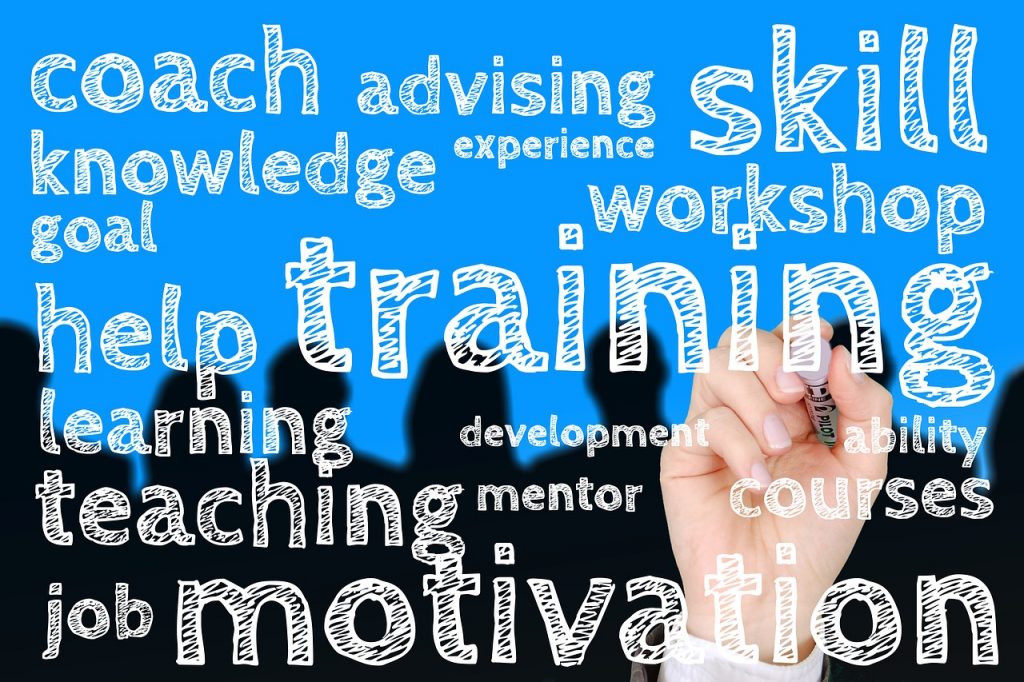Dr. Dallas Dance Explains Why Leaders Should Never Stop Learning
Too many leaders are complacent and feel that they have gained the highest level of skill in their fields. Leaders who are not in learning mode can cause stagnation in the workplace, maintaining the status quo rather than forging into new territory. It is vital for leaders to continue to enhance their leadership skills in order to foster company growth. According to Dr. Sue Ashford of the University of Michigan Ross, a learning mindset
is essential to keep companies ahead of the curve. Dr. Dallas Dance
, an educational consultant, explains the 9 reasons why leaders should never stop learning.

-
Goal Setting
When leaders are in learning mode, they are far more likely to be able to set goals that will challenge but not overwhelm their employees. When leaders are fully in touch with their subordinates, they will be able to encourage appropriate exploration and support innovation.
For leaders, goals may include being more approachable or more persuasive. When leaders have goals, they can chart their course to achieve them. They may be interested in exploring new projects, job rotations, or international assignments. They may also be interested in completely changing their approach to business.
A goal-setting mindset means that an executive will be a good example for their employees. If an executive fails to set goals, the company may flounder along, but they will not be able to meet new challenges with strength.
-
Exploring New Opportunities
Leaders who never stop learning are able to branch into new lines of business. With a fearless attitude toward exploration, leaders can encourage their employees to innovate. Taking away some of the negative consequences of making missteps enables employees to reach for new thoughts.
-
Greater Effectiveness
Leaders who are in a growth mindset constantly ask themselves questions to make sure they are on track. This self-reflection can help leaders decide whether they are effective in their jobs. A growth mindset means that leaders are not afraid to take risks in order to become more effective.
-
Reduce Internal Competition
In order for leaders to become fearless explorers, it is necessary to change some of the paradigms around performance reviews. When management is constantly comparing leaders to one another rather than judging their own personal growth, leaders do not have an incentive to take risks. Instead, they are focused on maintaining the status quo. When management takes the emphasis off punishing a leader for their mistakes rather than judging the opportunity to grow, the workplace runs more smoothly and is not bogged down in negative feelings.
-
Accountability
Leaders who are in a growth mindset have greater accountability for their actions. Being a self-reflective leader means that they will have the capability to judge whether they have done a good job and make notes as to what they could do better in the future.
A good leader is always accountable to their employees. When leaders make it clear that they are accountable for their actions, it reassures their employees that the leader is handling job responsibilities fairly.
-
Skill Building
Leaders who learn are able to take on new leadership skills. Rather than assuming they know everything they need to perform their jobs, growth-minded leaders are willing to explore new avenues to find the information they need to complete their responsibilities.
For example, a growth-minded leader may take courses in the newest software programs used in their department. This follows with the adage that a good leader does not ask their employees to do anything that they themselves cannot do.
-
Leadership Skills Can Be Learned
One of the most important parts of being a growth-minded leader is recognizing that they may need fine-tuning when it comes to their leadership skills. Many leaders have authoritarian characteristics, meaning that they have a black-and-white mindset and that they use negative reinforcement to show their displeasure with employees’ behavior. This is not necessarily the most effective form of leadership. A good leader will be able to reflect on the way they do things and to make changes if it is in the best interests of the company.
-
Altruistic Goals
Growth-minded leaders often have goals beyond their own personal prestige and power. Rather than feeling that they have achieved something when they have the highest salary or the best office, they measure their worth in whether they have helped the company to rise to new heights. They also have the goal of supporting their employees’ performance in any way possible, including standing up for them when it comes to the demands of other departments.
-
Adaptability
A growth-minded leader is far more adaptable than one who is set in their ways. Growth-minded leaders are able to absorb the demands of new challenges. Strength is shown in flexibility rather than brute force.
Building Skills for the Future
Leaders who never stop learning are more effective and also experience greater personal fulfillment. Any leader can change their mindset and become growth-minded rather than trapped in old patterns of behavior. When leaders build their leadership skills, they are able to be more adaptable and to lead their businesses to new heights.
Dr. Dallas Dance believes that all leaders should carefully consider their management styles and how they handle challenges in the workplace. When they take time for self-reflection, they may find that they are better able to keep their companies current and to experience more tangible success.

